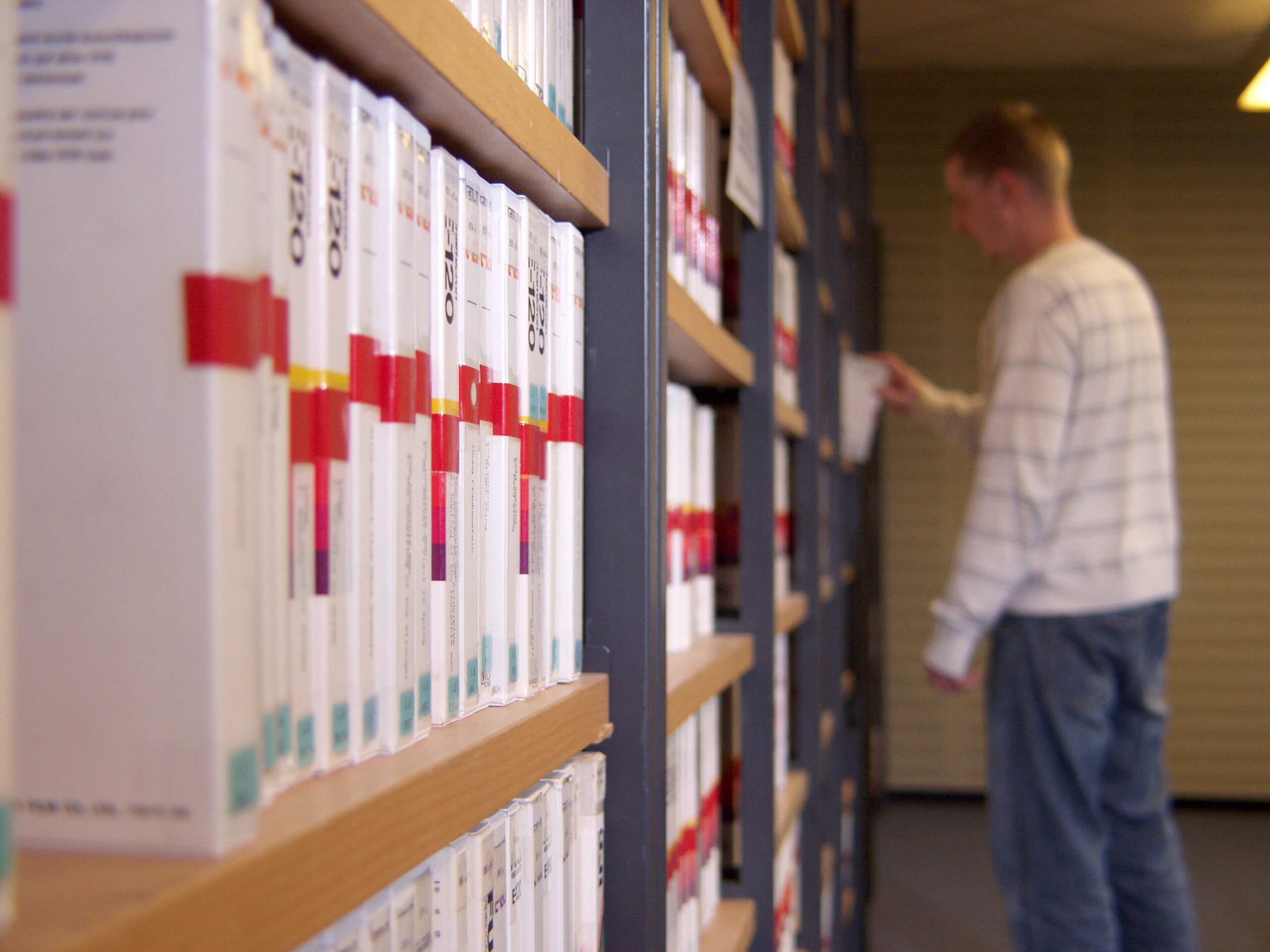Kedainiai Language School, Lithuania
Author(s):Institution/Organisation: Kedainiai Language School (LT)
1. DESCRIPTION OF THE SUCCESS CASE
1.1 Scope of the initiative
- The initiative involves a network of schools at local level, and is financially supported by the Municipality of the town.
- Target group: Kedainiai Language School is an extra-curriculum educational institution for schoolchildren who attend secondary schools in the town and its outskirts.
- The duration of L2 courses is 4 years for the English language and 1-2-or-3 years for German, French and Russian.
- The initiative involves pupils aged from 14 to 18, eager to learn languages.
- The initiative also involves the establishment of partnerships with schools in other countries: Lithuanian Saturday School ‘4 Vejai’ in Dublin.
1.2 Range of languages studied
- The main language studied is English. The curriculum includes English Grammar, Phonetics, Language Practice, Listening Comprehension, Creative Writing, Translation, and British Studies. Besides, the school offers courses in Lithuanian, German, French, and Russian. A distance learning course (Use of Lithuanian) has been composed for the children of emigrants who live in Ireland.
- The choice of the English and Lithuanian languages is imposed. The pupils choose L2 freely. Some learn the same L2 at their schools, and want to improve their knowledge and skills. Some take a different foreign language.
1.3 Learning outcomes
- Teenagers come to this school because they find traditional FLT insufficient, thus they acquire specific language skills unavailable through traditional methods.
- The pupils achieve a specific level of competence (inc. partial competences) on the Common European Framework of Reference (CEFR). The results of their final national examination in English are much higher than average, some of our graduates passed the international Cambridge FCE, TOEFL and IELTS examinations and study in Universities abroad.
- Attending so many classes a week (30 at ordinary school and 10-12 at language school) makes pupils arrange time properly; they learn to select the most important activities and materials. This helps them acquire specific skills relating to academic life.
1.4 Practical realisation
- The pupils have got a possibility to improve their knowledge and skills in various linguistic fields: English Grammar, Phonetics, Language Practice, Listening Comprehension, Creative Writing, and Translation.
- Recently the demand for international examinations in English has increased, and the school provides the opportunity to prepare for external language certificates (Cambridge FCE and IELTS) via an intensive course.
- Novel learning environments are being created. The pupils use computers during the classes of creative writing, translation and Lithuanian. Those who miss classes have a possibility to receive materials by e-mail.
- The teachers involved in L2 teaching are highly qualified. They are active participants of various in-service courses. The most effective was the programme ‘Good Experience in Teaching Languages in Ireland’, which involved lectures about history, education and culture of this country, given by the teachers themselves. The teachers also attended FCE and IELTS classes at Dublin City University. Visits to the Language School affiliated to Vilnius University and the Translation Office of the European Commission were also useful for professional development.
- The school community participated on several educational projects in European countries: Germany, France, Italy, Austria, Switzerland, Benelux, Great Britain, Ireland, Sweden, Finland and the Baltic states. The main interests of these projects are the use of English as world language, the importance of knowing as many languages as possible, and getting to know historical heritage as well as culture and traditions of other countries.
- Playing Verse has become a traditional project, with several events being accompanied by poems recited in fluent English, French, German, Russian, and Lithuanian.
- The wisest pupils are awarded with the European Language Portfolio, which helps them to assess their knowledge and skills in using the languages they learn.
- The school has got a partner in Dublin, Lithuanian Saturday School ‘4 Vejai’, and helps the community of the school to learn Lithuanian via a course of distance learning.
Print this case study



0 Comments